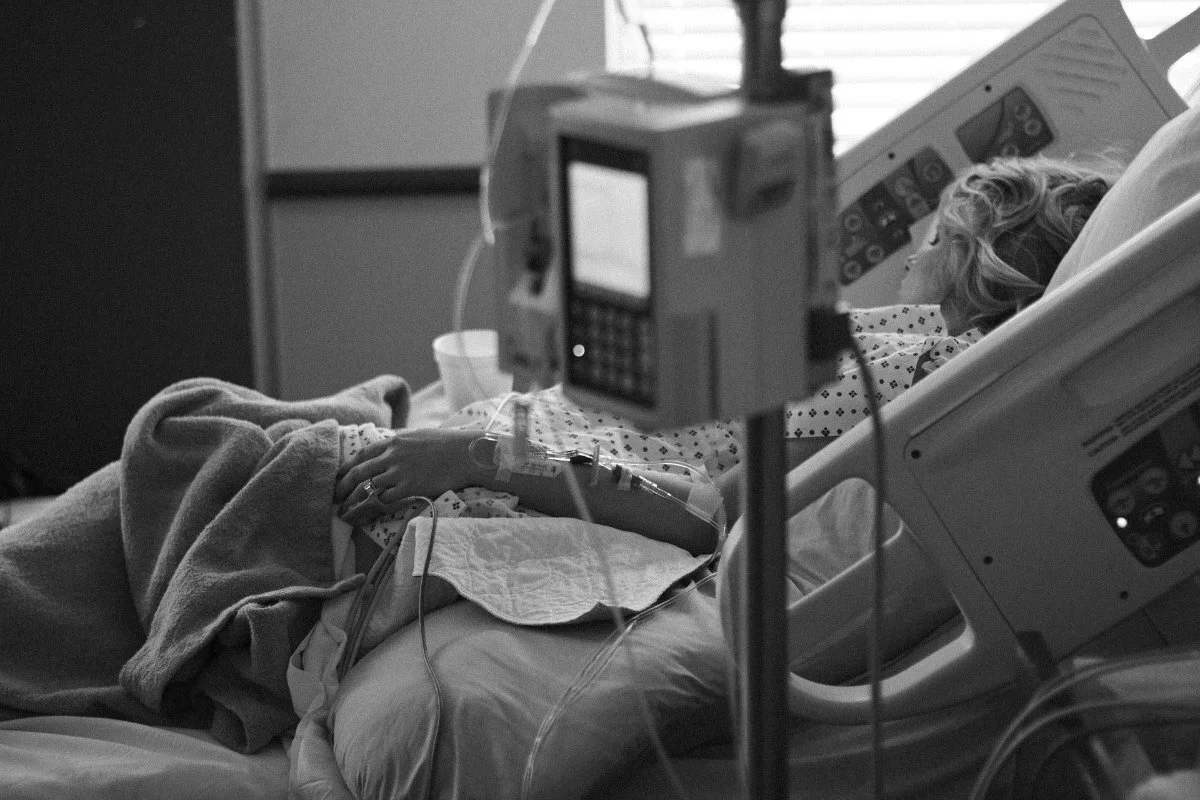Medical Futility
FRAUGHT MEDICAL ETHICS CONVERSATIONS motivated me to study “medical futility.” I hope you never hear or need to use this term, but it’s commonly used in hospitals, sometimes well, sometimes not. Here’s how to sort through it.
I spent a decade serving on the ethics committee of Carolinas Medical Center (Atrium Health, Charlotte, NC, USA) and benefited from its thoughtful conversations on hundreds of case studies.
“Medical Futility”: Help or Hobgoblin in End-of-Life Discussions?”
The Public Discourse February 2016
1500 word article on the basic problem and solution.
Because it is often used imprecisely, the term “futile” can cause confusion and exacerbate conflict in disagreements about end-of-life care. It is more helpful for patients, families, and physicians to discuss the benefits and burdens of medical procedures.
Medical Futility in Concept, Culture, and Practice
The Journal of Clinical Ethics 29, no. 2 (Summer): 114-23
The entire argument for a scholarly, secular audience
This article elucidates the premises and limited meaning of medical futility in order to formulate an ethically meaningful definition of the term, that is, a medical intervention’s inability to deliver the benefit for which it is designed. It uses this definition to show the two ways an intervention could become medically futile, to recommend an even more limited usage of medical futility, and to explain why an intervention need not be futile in order to be withdrawn over patient-based objections. If an intervention retains some benefit, then patients or surrogates might legitimately consider that benefit in their case and request the intervention. Physicians might still be justified in declining it on the grounds that the burdens greatly outweigh the benefits, but not on the grounds of futility. Finally, the article uses bioethics research and healthcare litigation to clarify the meaning of futility in practice and recommends alternative language when possible.
Clarifying the Concept of Medical Futility
Earlier article in Catholic terms
National Catholic Bioethics Quarterly 14.1 (Spring 2014): 39–45
The term “medical futility” was developed in the 1980s to enable physicians to withdraw life-prolonging procedures over the objections of patients or family members. Using clinical expertise, the physician determines that a particular treatment would be futile in a particular clinical situation. A futility judgment is clear cut when the procedure does not work, but a difficulty arises when a physician believes that a procedure provides too little benefit and then invokes futility. In that case, a patient might consider if the relatively small medical benefit might contribute to appropriately defined goals of treatment, and if so request “extraordinary means.” This article places the concept “medical futility” in relation to the principle of ordinary and extraordinary means, clarifies the concept of futility, and explains the problem of redefining futile means to include procedures that retain some benefit. It advocates very limited use of the term “medical futility” and suggests an alternative reason to withhold or withdraw treatment.


